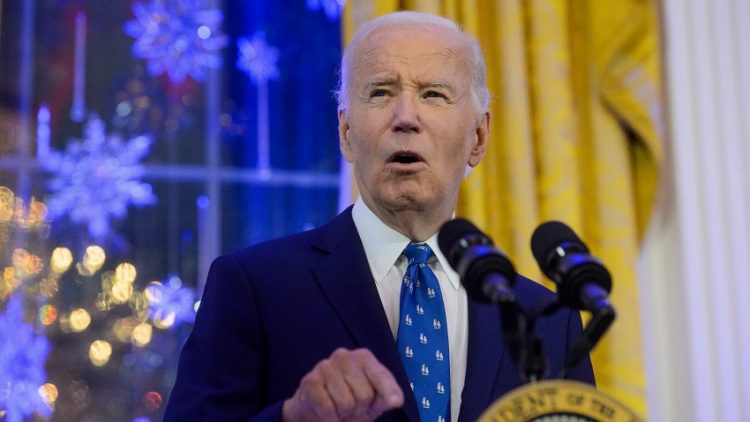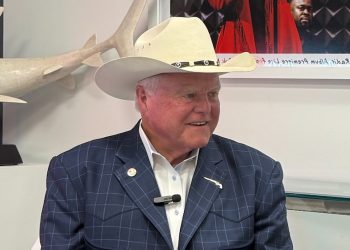Waco, TX – In a significant move on Monday, President Joe Biden commuted the sentences of seven Texas inmates scheduled for federal execution, a decision that follows his administration’s broader stance against the death penalty. The commutations affect inmates convicted of violent crimes, with most of the offenders having stabbed or killed fellow prisoners. Biden’s decision highlights his ongoing commitment to reducing violent crime while ensuring a fair and effective justice system.
The individuals whose sentences were commuted include Shannon Wayne Agofsky, Christopher Cramer, Ricky Allen Fackrell, Joseph Enbron, Mark Isaac Snarr, Edgar Garcia, and Julian Omar Robinson. These inmates were convicted for crimes such as the fatal stabbings of fellow inmates in Texas correctional facilities. Agofsky, for instance, had been serving a life sentence before beating another inmate to death in Beaumont. Similarly, Cramer and Fackrell were involved in a fatal stabbing incident, as were Enbron, Snarr, and Garcia. Robinson, meanwhile, was convicted for the murders of two men in the Dallas-Fort Worth area.
Biden’s commutation decision is consistent with the moratorium his administration has imposed on federal executions, with the exception of cases related to terrorism or hate-motivated mass murders. In a statement, the president reaffirmed his dedication to criminal justice reform, underscoring that these actions align with his broader goals of reforming the nation’s justice system and limiting the use of the death penalty.
The timing of Biden’s announcement coincided with a separate clemency decision made by Texas Governor Greg Abbott, who disclosed that he had pardoned four individuals convicted of lower-level offenses. This includes crimes such as theft, driving while intoxicated, and selling alcohol to minors. Abbott’s pardons represent the highest number of clemencies he has granted in a single year, though his authority to issue such actions is limited to recommendations from the Texas Board of Pardons and Paroles. In a statement, Abbott emphasized the importance of giving individuals a “second chance,” noting that those pardoned had demonstrated personal growth.
Among the individuals pardoned were Jorge Aguilar-Zanatta, who had been convicted for interfering with an emergency call, Rachael Orsak Lynch, who served time for theft by check and furnishing alcohol to a minor, and Timothy John Moldenhauer, who was convicted for driving while intoxicated. Debbie Rena Morris, who was sentenced for theft in the mid-1980s, was also granted clemency.
The pardons stand in stark contrast to the ongoing controversy surrounding Robert Roberson, a 58-year-old inmate on Texas’ death row. Roberson was convicted of killing his 2-year-old daughter in 2003 based on a diagnosis of shaken baby syndrome, a now-debunked theory. Despite efforts by Texas lawmakers to secure a new trial for Roberson based on new evidence, Abbott has firmly opposed any intervention, maintaining that only he, as governor, has the authority to commute a death sentence. This dispute has highlighted the division between state and executive powers in Texas’ justice system.
While President Biden’s actions on federal commutations may have implications for broader death penalty policy, Abbott’s decisions reflect the state’s continued support for capital punishment. Since the federal government reinstated the death penalty in 1988, it has executed 16 people. In contrast, Texas has executed more than 500 individuals during the same period, underscoring the state’s prominent role in the national debate over capital punishment.
The recent actions by both leaders mark a significant moment in the ongoing conversation about clemency, justice reform, and the future of the death penalty in the United States. As debates continue, the tension between state authority and federal intervention remains a critical issue in shaping the direction of American criminal justice policies.











